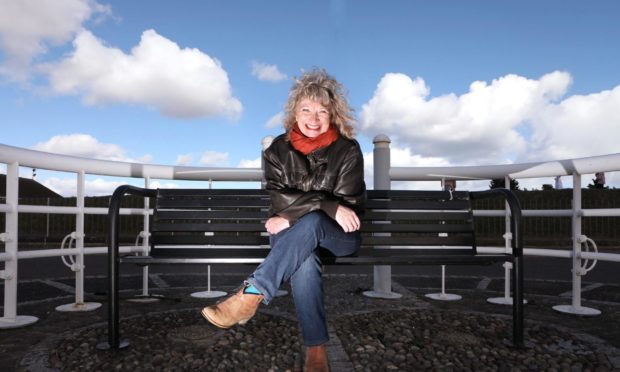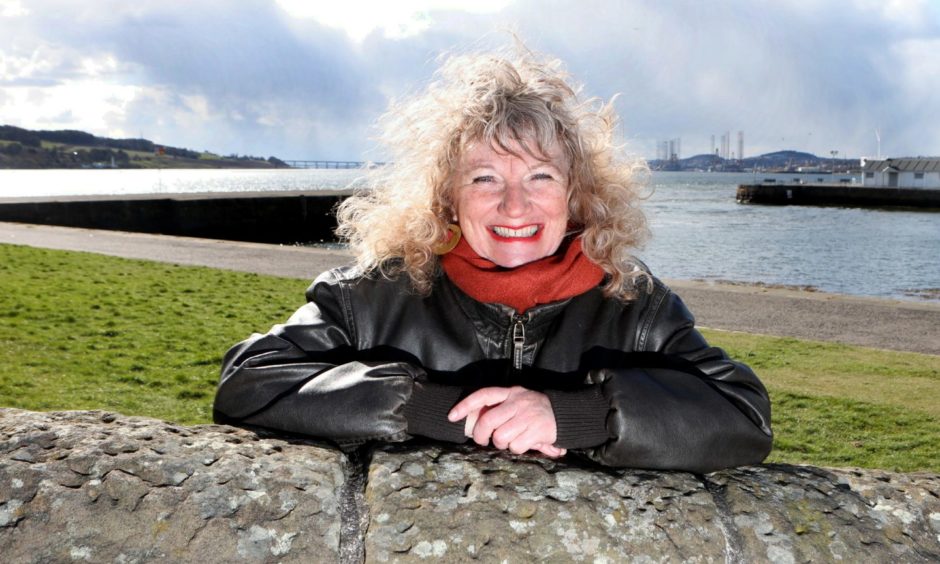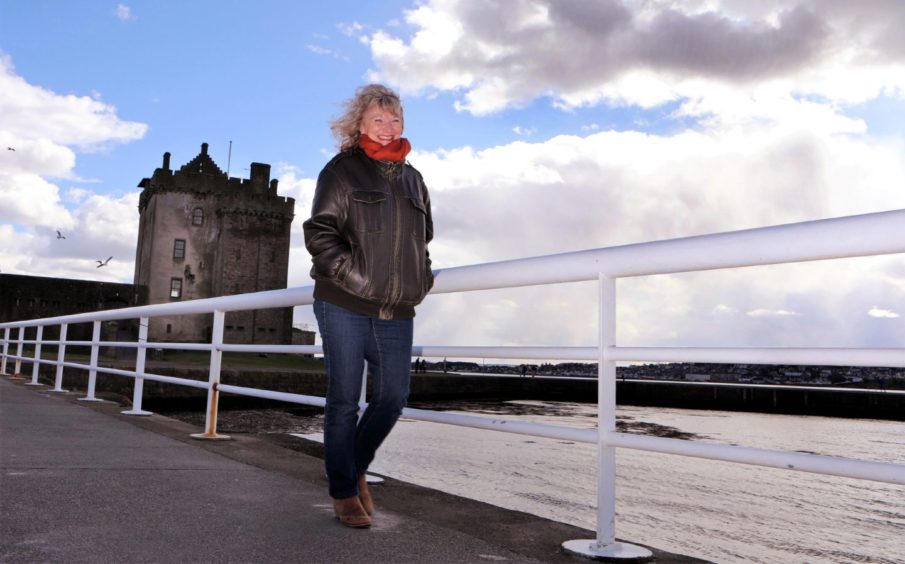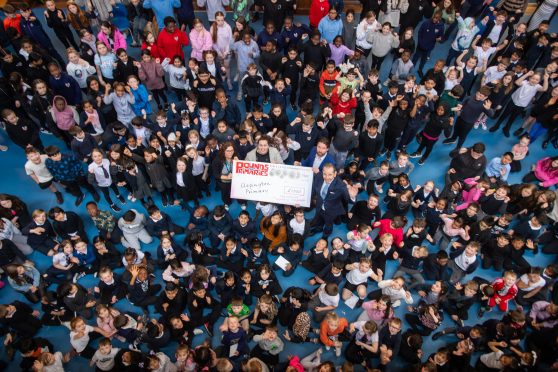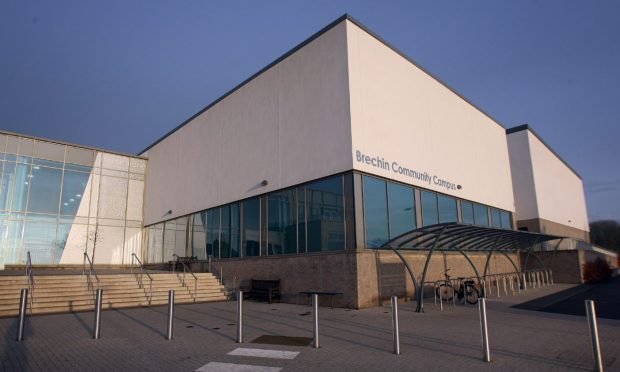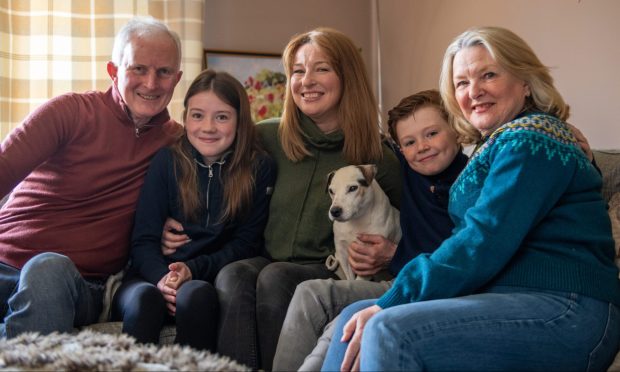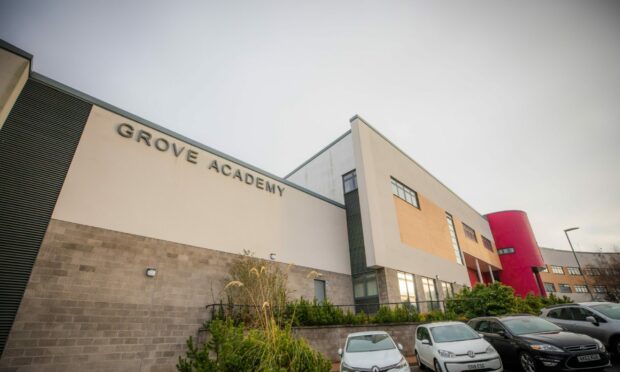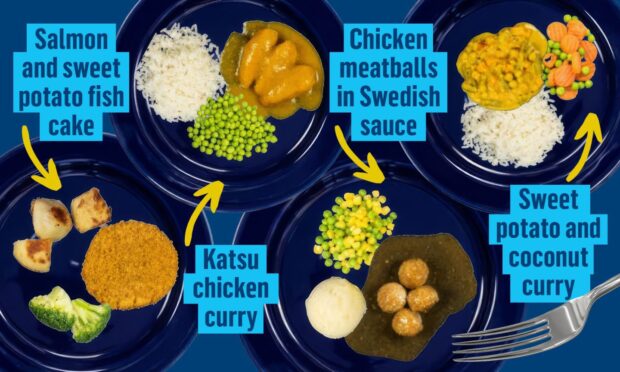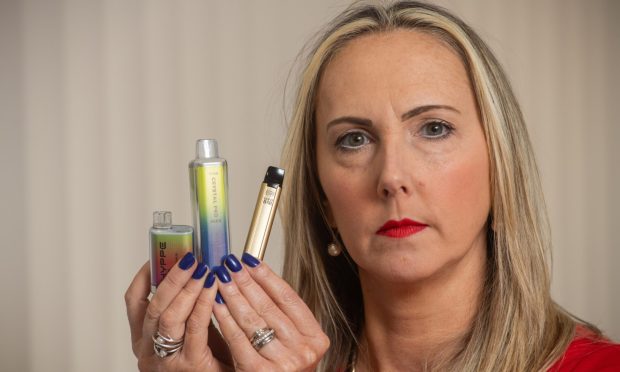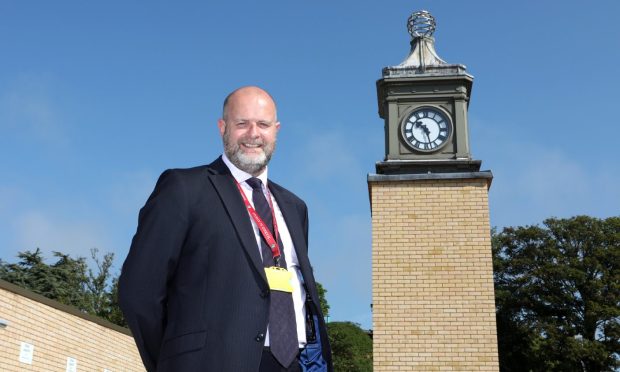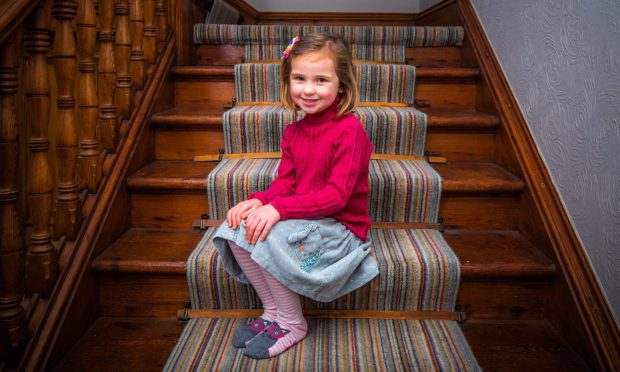A leading child psychologist has called for there to be a better understanding of children’s experiences during the pandemic to help aid education recovery.
Dr Suzanne Zeedyk, who has an honorary fellowship at Dundee University, has spoken about the need for for adults to be “more curious” about how Covid-19 has impacted children.
The more adults understand about the anxieties children have been facing, she says, the better they will be equipped to help them catch up on missed learning time.
Dr Zeedyk said: “I’m trying to get people to be more curious about what children’s experiences in the pandemic have been.
“If we start from there, we can realise that many of them would’ve had really anxious experiences and anxiety gets in the way of being to able to concentrate.
“So when they come back to school, if we don’t help them feel emotionally safe and that they feel they belong again, then they won’t learn anything, anyway.”
Pupils have spent months learning at home because of the pandemic and the issue of education recovery has been prominent on the Holyrood election trail.
Last month Scottish Labour leader Anas Sarwar outlined plans to put a “national recovery plan” at the centre of their campaign; proposing a “personal comeback plan” for every school pupil centred on a needs-based assessment.
The Scottish Conservatives have also outlined plans to bring forward a “national tutoring programme” to help pupils catch-up on “months of lost learning”.
But Dr Zeedyk urged people to think about the wider picture and highlighted the importance of seeing education as more than just academics.
She said: “Maths and reading matters and there will be a lot of children who have missed out so where do we start with helping that?
“If we call something education recovery, and that means we don’t put it in the wider context of their lives, we miss the solution.
“And if we don’t pay attention to the anxieties first, then we actually shoot ourselves in the foot.”
‘If we don’t pay attention, the learning won’t happen’
Plenty of outdoor play, time with friends and promoting laughter are three key things Dr Zeedyk would recommend to help children more comfortable with being back in school.
This, the scientific researcher says, will help children reconnect with their peers.
She also likened children’s return to school to the eventual reopening of offices and outlined how “reconnecting” is a crucial element of ensuring a successful transition back to normality.
She said: “For example, when people go back to the office the first thing they are going to do is reconnect.
“If you don’t pay attention to the reconnection of the team, then they won’t function well and the business will be hurt.
“The same is true for children. If we don’t pay attention to their reconnection and their processing of what has happened, then the learning won’t happen.”
Despite her concerns, Dr Zeedyk is confident children will bounce back from the pandemic if their “wellbeing and nurture” is put front and centre.
She said: “We need to do whatever we can to help people to feel brave enough to stand up to policy and practices that don’t promote wellbeing.
“I think we have had lots of improvement in Scotland and I’m really hopeful that if we stay attuned to wellbeing and nurture our children will recover.”
